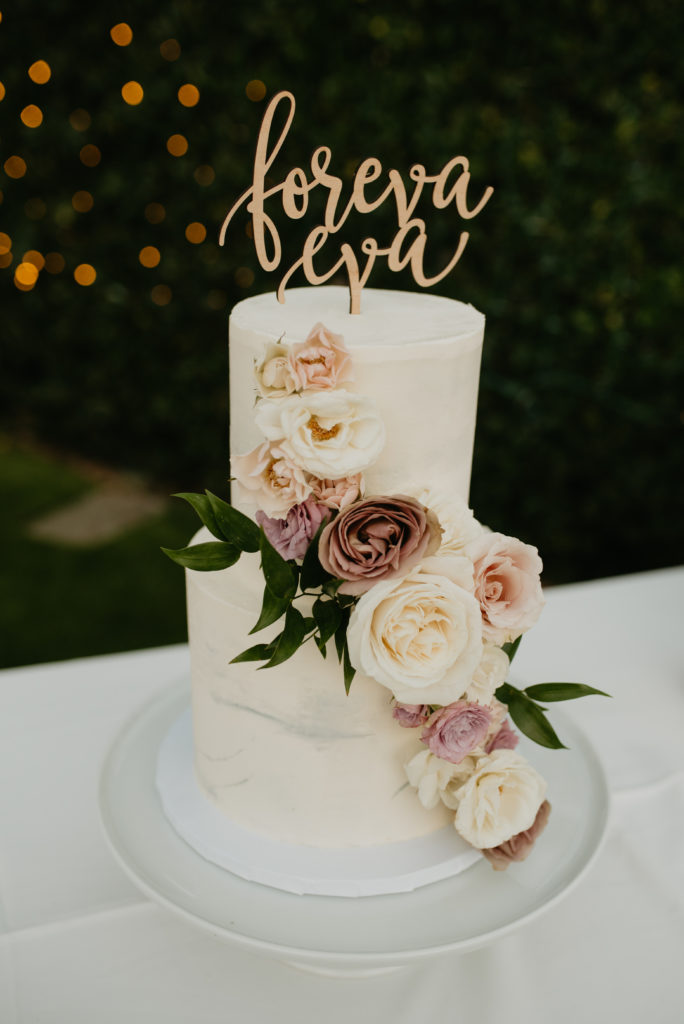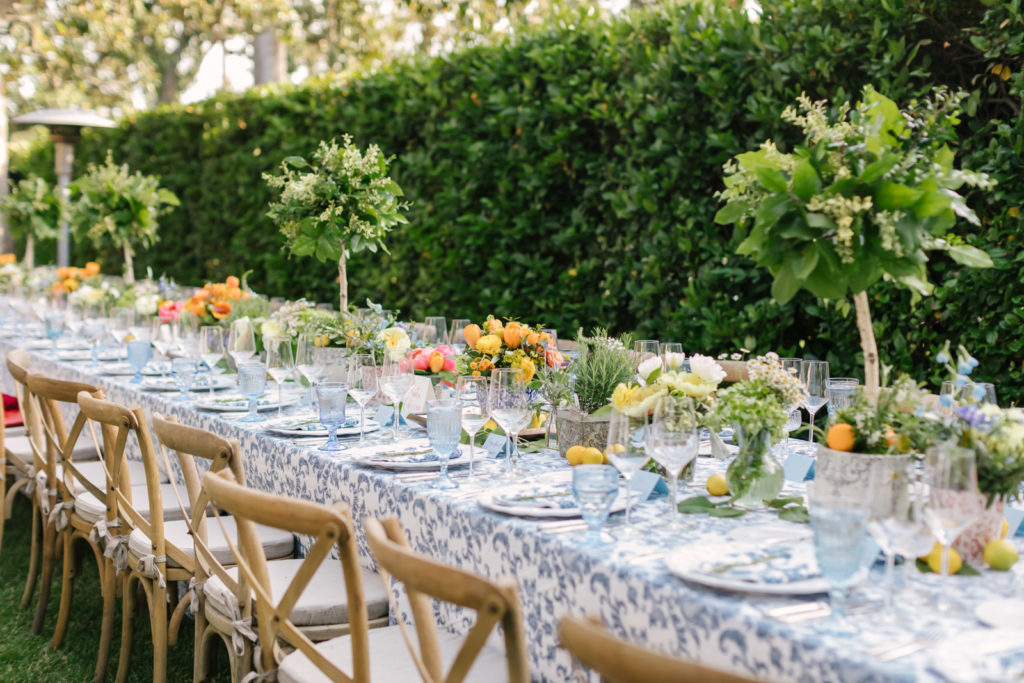The First Five Things To Do When Making Your Wedding Budget
Hello, friends! Can you believe the year is half over? For those of you getting married in the upcoming months, I want to talk about the dreaded “b” word: Budget! I’ve covered tips to managing your wedding budget in this post, but I’ve realized that it might be helpful to dive even further into how to start your wedding budget. Below I’m sharing 5 of the first steps to take when planning your wedding budget.

Just For Fun…
Just for fun, write down on a spreadsheet or piece of paper everything you and your partner can think of that would go into planning your wedding. Invitations, venue, food, music, flowers, tipping your vendors, etc. Oh wait, add rings and the cost of the actual marriage certificate. Cake, your dress or suit…any wedding showers or bachelorette/bachelor parties…phew! Planning a wedding is a lot! Making this list will help you see all the different elements needed to make your big day a celebration to remember and understand why weddings are usually in the thousands. You can later use this list to plug in actual costs. Okay, now onto the five steps:

Photo by: Kadi Tobin Photography
Step 1: Create Your Guest Count
The first step I tell clients when beginning the planning and wedding budget process is to figure out how many guests you’d like to invite. Getting a rough guest count is the best way to know the size of venue needed, how much food, etc. Maybe you’re guest count is smaller but you want a destination wedding? With your guest count in mind, ask yourselves how much are you willing to pay for your wedding? Is the sky the limit or would you like to keep it under a certain amount? There’s no wrong answer, it’s whatever is best for you and your partner.
Step 2: Be Clear On The Funding
When building your wedding budget, you and your partner need to know who is paying for what. It’s beyond crucial to know exactly where the money is coming from because it will affect the decisions you make (and somethings who has final say). Are you receiving finances from your family, friends, or self-funding part/all of the event yourselves? Do you have enough in your savings or are you getting a loan? These may be slightly uncomfortable conversations, but I can’t stress enough how important they are. Knowing how much is being contributed to your wedding budget dictates everything.

Photo by: Aurelia D’Amore
Step 3: Estimate All Categories
Now that you have the number, you can begin the management of your wedding budget by estimating how you want to allocate your budget. I always tell clients, figure out what’s most important to you and what’s not. Do you prefer to have a killer band or an amazing caterer or an incredible venue? Allocate your money and make estimates on how much you would ideally spend on each category. This really helps to know how to spend your money. Additionally, if paying for any part of the wedding yourselves, take a look at your current money situation. Are you able to pay now, or will it take a few months or years to save up? Whatever the situation is, use that timeline to help guide when your wedding date will be. Most wedding vendors will require full payment two weeks to a month ahead of the wedding date, so ensure the finances are available ahead of the big day.
Step 4: Know The Due Dates
Speaking of vendors, ensure specific dates for payments are listed in the contracts you sign. If a family member, or anyone else, is paying for an aspect of the wedding, tell them right away all the important dates they need to mark in their calendar and the amounts due at those times. I typically help clients lay out a budget that has all of these important dates and final payments. Remember, your final payments can change depending on if things change throughout the planning process like your guest count, the number of hours or the number of floral arrangements you need, etc. Knowing your numbers and due dates is the best way to avoid any awkward money conversations. I know these conversations can feel a tad uncomfortable but from my experience, people like to be prepared.

Photo by: Photo by: Kadi Tobin Photography
Step 5: Plan For The Unexpected
Unexpected costs can come in various forms from an upgrade at the bar to needing a last minute alteration, to inviting more guests. Even when trying to keep your costs low, I guarantee something will come up. My best advice after you have done all of this work for your wedding budget is to add in some wiggle room. Often times, there are things people don’t think about until their planner brings it up. For example: tipping your vendors and wait staff can be an additional couple thousand dollars or so. So try to leave a little give and take in the budget because then as the date gets closer you won’t feel stressed when unexpected costs occur.
Pro tip: Lean on your wedding planner! Your planner can help set a realistic budget for you based on what your vision is and how many people you are inviting. Your planner is the one that can help allocate your budget appropriately and even give you tips on how to save a couple hundred bucks here and there. Remember, a couple hundred bucks here and there can add up to be thousands of dollars in the end.
Trust me, I know that money topics can be a tad difficult to jump into. However, I promise once you follow these steps, planning your special day will feel a lot less stressful. For even more tips, you can check out this post I did about the Do’s and Don’ts of Saving for Your Wedding! And if you’re ready to dive into the planning process, click the contact button on my homepage here and let’s set some time to chat!

